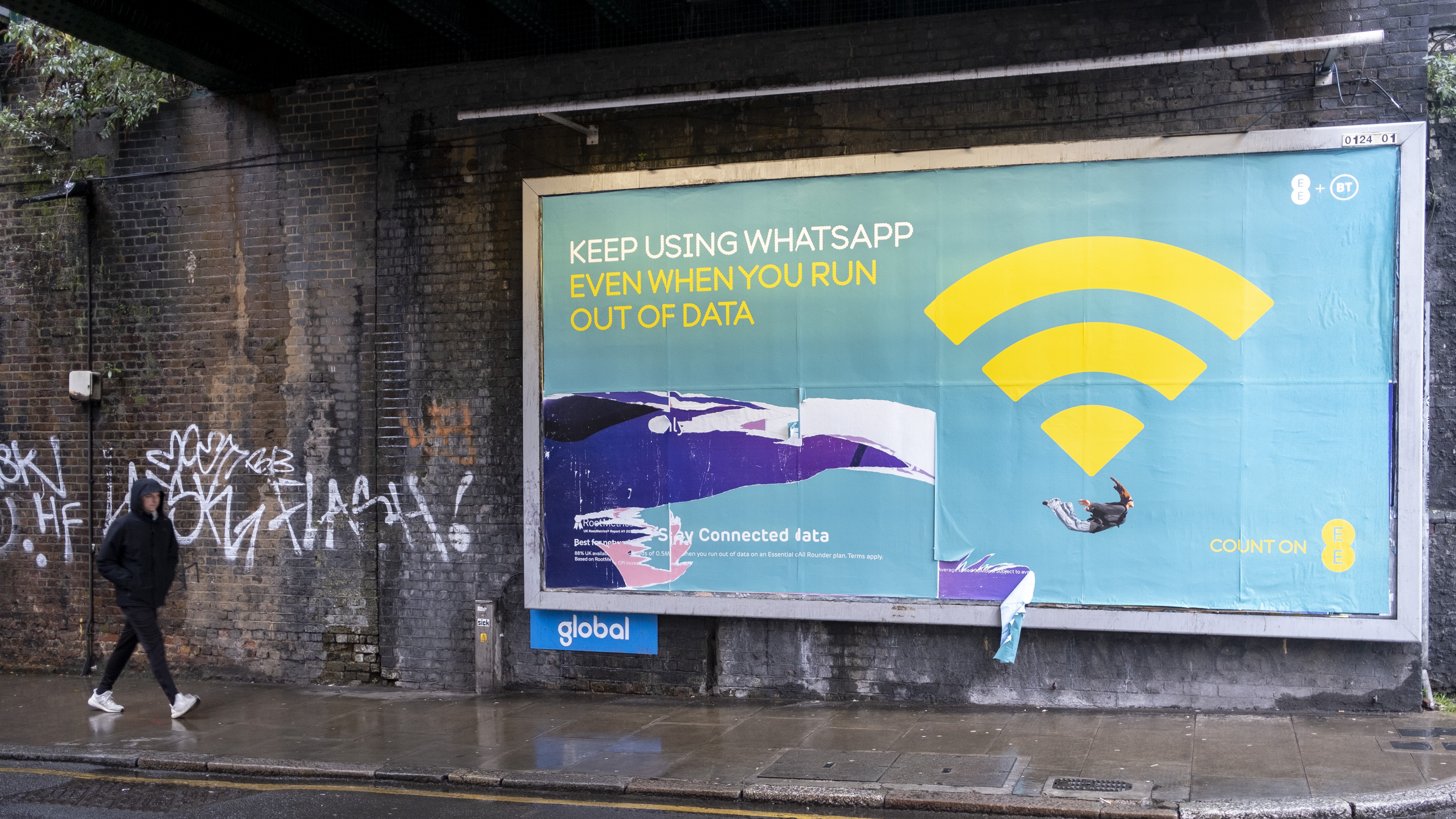It's just getting silly now: Microsoft inks 10-year deal to bring Activision games to a UK mobile phone network
I'm not convinced Microsoft itself knows what that means.

Someone needs to wrestle the fountain pen out of Phil Spencer's hand. The Xbox boss just can't stop inking ten-year deals to bring Activision games to different platforms (in the event its acquisition goes through): He's signed them with Nintendo, Nvidia, Boosteroid and Ubitus (I hadn't heard of them before they made the deal either), and has offered them to Sony and Steam, neither of which were interested.
Well, add another contract to the pile, because while we weren't looking, Phil went out and signed another ten-year commitment to EE, one of the UK's 'Big Four' mobile phone networks (and an internet service provider, too). The deal was announced by Spencer in a tweet posted earlier today.
Microsoft and @EE are expanding our partnership with a 10-year commitment in cloud gaming to bring PC games built by Activision Blizzard, following the acquisition, and Xbox to @EE customers. We are committed to bring more games to more people, however they choose to play.April 11, 2023
The deal apparently pertains to "cloud gaming," but eagle-eyed readers will spot that the statement is otherwise totally devoid of detail about what it means to bring "PC games built by Activision Blizzard" to the company responsible for my spotty 5G connection.
EE and Microsoft already have some kind of deal in place that allows the mobile network to offer Game Pass Ultimate subscriptions—which also grant access to Microsoft's Xbox Cloud Gaming service to players in certain countries—to some customers, so it could be that this just commits the two companies to keep that going. Or perhaps EE is on the verge of announcing some kind of ill-advised streaming device (it's probably not this).
I've reached out to Microsoft to ask what the actual mechanics of this deal might be, and I'll update this piece if I hear back.
I imagine the details of the deal are fairly irrelevant to Microsoft, which has been accruing these kinds of agreements mostly in order to wave them in the faces of the various national regulators scrutinising its acquisition of Activision Blizzard.
Microsoft's game plan is to prove to institutions like the Federal Trade Commission, Competition and Markets Authority, and European Union that it can be trusted not to exploit its control over Activision to unfairly distort the market. It hopes that deals like these—which compel it to play nice for a full decade—will convince regulators it won't hoard all its newly-acquired Activision valuables to itself. It seems to be working, but there's still time for Sony's lawyers to pull some tricks from their sleeves.
The biggest gaming news, reviews and hardware deals
Keep up to date with the most important stories and the best deals, as picked by the PC Gamer team.

One of Josh's first memories is of playing Quake 2 on the family computer when he was much too young to be doing that, and he's been irreparably game-brained ever since. His writing has been featured in Vice, Fanbyte, and the Financial Times. He'll play pretty much anything, and has written far too much on everything from visual novels to Assassin's Creed. His most profound loves are for CRPGs, immersive sims, and any game whose ambition outstrips its budget. He thinks you're all far too mean about Deus Ex: Invisible War.

